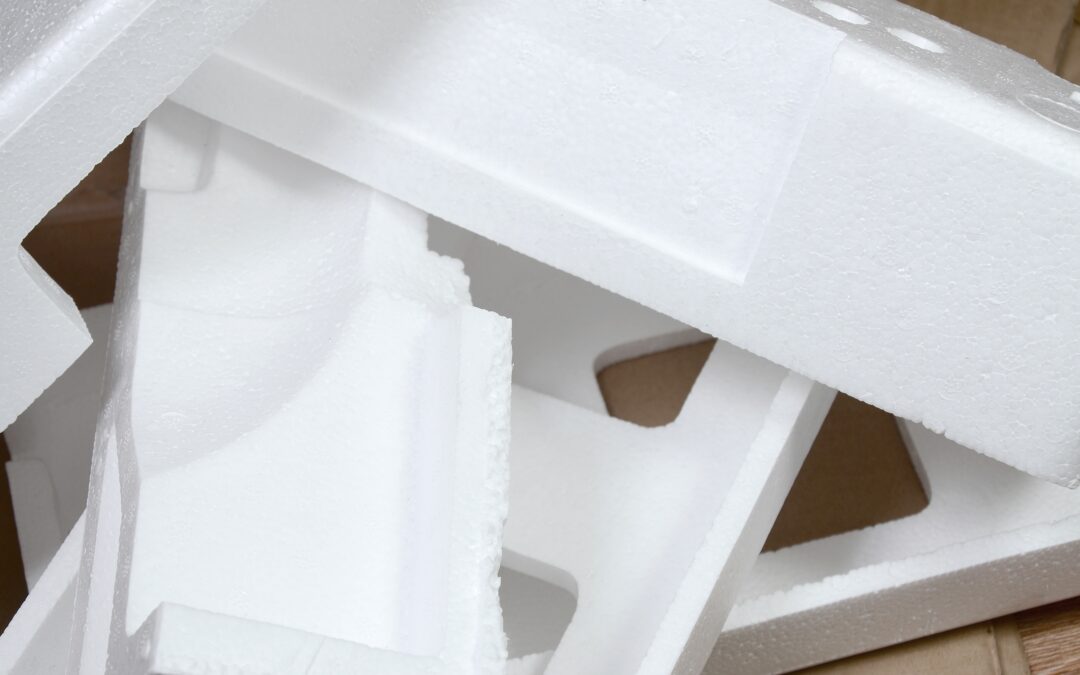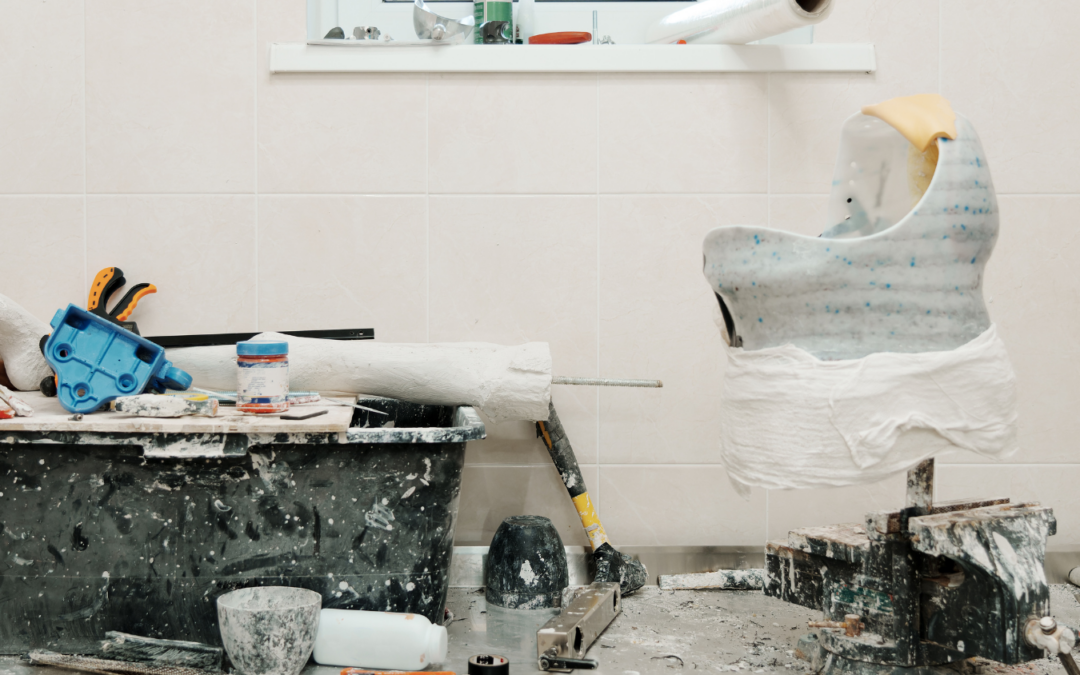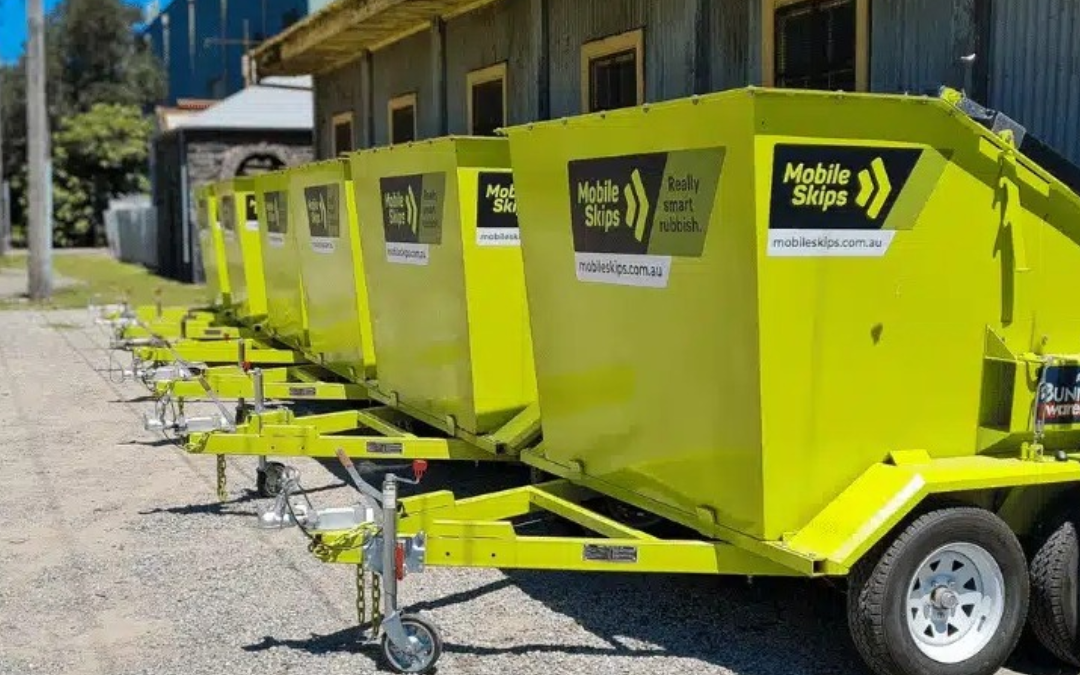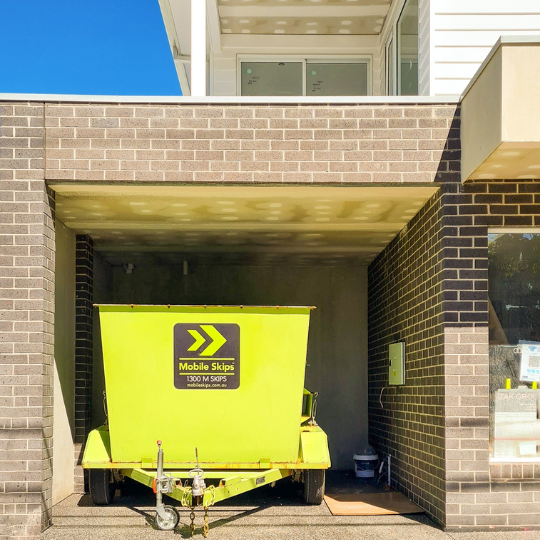Wondering what should you not throw out? Decluttering your home can be a liberating experience, but it’s important to be mindful of what you decide to keep and what you discard. Here are some key items that experts recommend you should not throw out when decluttering:
1. Important Documents
When embarking on a decluttering mission, it’s easy to get carried away and toss out anything that seems to be taking up space. However, there are certain items you should never discard, no matter how insignificant they might seem at the moment. One such category is important documents. Legal and financial documents such as passports, birth certificates, insurance policies, and tax records should always be kept in a secure place. These documents are essential and can be difficult or impossible to replace if discarded. Ensuring they are stored safely can save you from a potential headache down the line. You can find more detailed advice on handling these documents at Real Homes.
2. Sentimental Items
Sentimental items hold a unique place in our hearts and homes. They often include family heirlooms, photographs, and personal mementos. While the urge to create a clean slate is strong, it’s crucial to carefully consider the emotional significance of these items before discarding them. These pieces often carry memories and stories that are irreplaceable. A thoughtful approach to sentimental items can ensure that your decluttering process doesn’t lead to regret. For more on how to handle these items, check out Homes & Gardens.
3. Quality Cookware and Utensils
High-quality kitchen items, even if they appear worn, can often be refurbished or repurposed. These items are usually expensive to replace and can still be useful with a bit of care. Quality cookware and utensils can make a significant difference in your daily cooking experience. Items like cast iron skillets, stainless steel pots, and durable knives, for instance, are designed to last a lifetime and can be restored with proper maintenance. Before you decide to throw out these kitchen essentials, consider their long-term value and potential for continued use.
4. Tools and Spare Parts
Tools and spare parts for household repairs are practical items that can save you money and time in the future. Whether it’s a set of screwdrivers, a hammer, or even a collection of nails and screws, having a well-organized toolbox can be very beneficial. These items often don’t take up much space and can prove invaluable when you need to make minor repairs around the house. It’s worth keeping these items organized in a dedicated space to ensure they are easily accessible when needed. The Sydney Morning Herald provides further insights on maintaining essential tools and spare parts.
5. Art and Collectibles
Artworks and collectibles often hold significant personal and financial value. Even if you’re downsizing, these items can be displayed creatively or stored safely. Art and collectibles add character and a personal touch to your living space. They can also appreciate in value over time, making them worthwhile to keep. Whether it’s a piece of fine art, a vintage toy collection, or rare memorabilia, these items can be part of your home’s charm. If space is an issue, consider rotating displays or investing in proper storage solutions to keep these treasures safe.
6. Old Keys
Old keys might seem useless, but they often belong to locks that you may still need access to. It’s a good idea to label and store them in a safe place. Old keys can be surprisingly important, especially if they unlock storage units, old cabinets, or doors in your home that you might not use regularly. To avoid the frustration of being locked out, keep all your keys in a labeled key box or drawer. This simple practice ensures that you always have access to every part of your home, even the ones you don’t use every day. For more advice on managing such items, visit Nourishing Minimalism.
7. Travel Mementoes
Travel mementoes can serve as cherished memories of your experiences. While it’s okay to part with some, consider keeping those that hold special significance. These items, whether they are souvenirs from a distant land or a postcard from a favourite vacation spot, can be powerful reminders of past adventures and the joy of discovery. Instead of discarding them, think about creating a dedicated space or a travel-themed scrapbook to keep these memories alive.
8. Decorative Bins and Baskets
Decorative bins and baskets can be repurposed for organizing other areas of your home. They are practical and can help maintain a clutter-free environment. These items are not only functional but also add an aesthetic appeal to your storage solutions. Use them to organize anything from toys to office supplies, and you’ll find they help keep your space tidy while enhancing its visual appeal.
9. Seasonal Clothing
Before discarding seasonal clothing, consider if they can be stored for future use. Properly organizing and storing these items can save you from having to repurchase them later. Seasonal clothing, such as winter coats or summer dresses, might not be needed year-round, but they can be quite expensive to replace. Investing in vacuum-sealed storage bags or dedicated closet space for off-season clothes can keep them in good condition and ready for the next season. For more tips on managing your wardrobe, check out The Spruce.
10. Items with Potential Future Use
Some items, like quality yard equipment, special occasion clothes, and expensive kitchen gadgets, might not be used frequently but can be very useful when needed. Evaluate their potential future use before deciding to discard them. Items with potential future use often justify their space in your home by being available for those times when they are genuinely needed. Whether it’s a tuxedo for formal events or a high-end blender for holiday cooking, these items can save you from last-minute expenses and stress.
11. Recyclable Materials
In the rush to declutter, it can be easy to toss out recyclable materials without thinking twice. However, these items can often be repurposed or recycled, reducing waste and benefiting the environment.
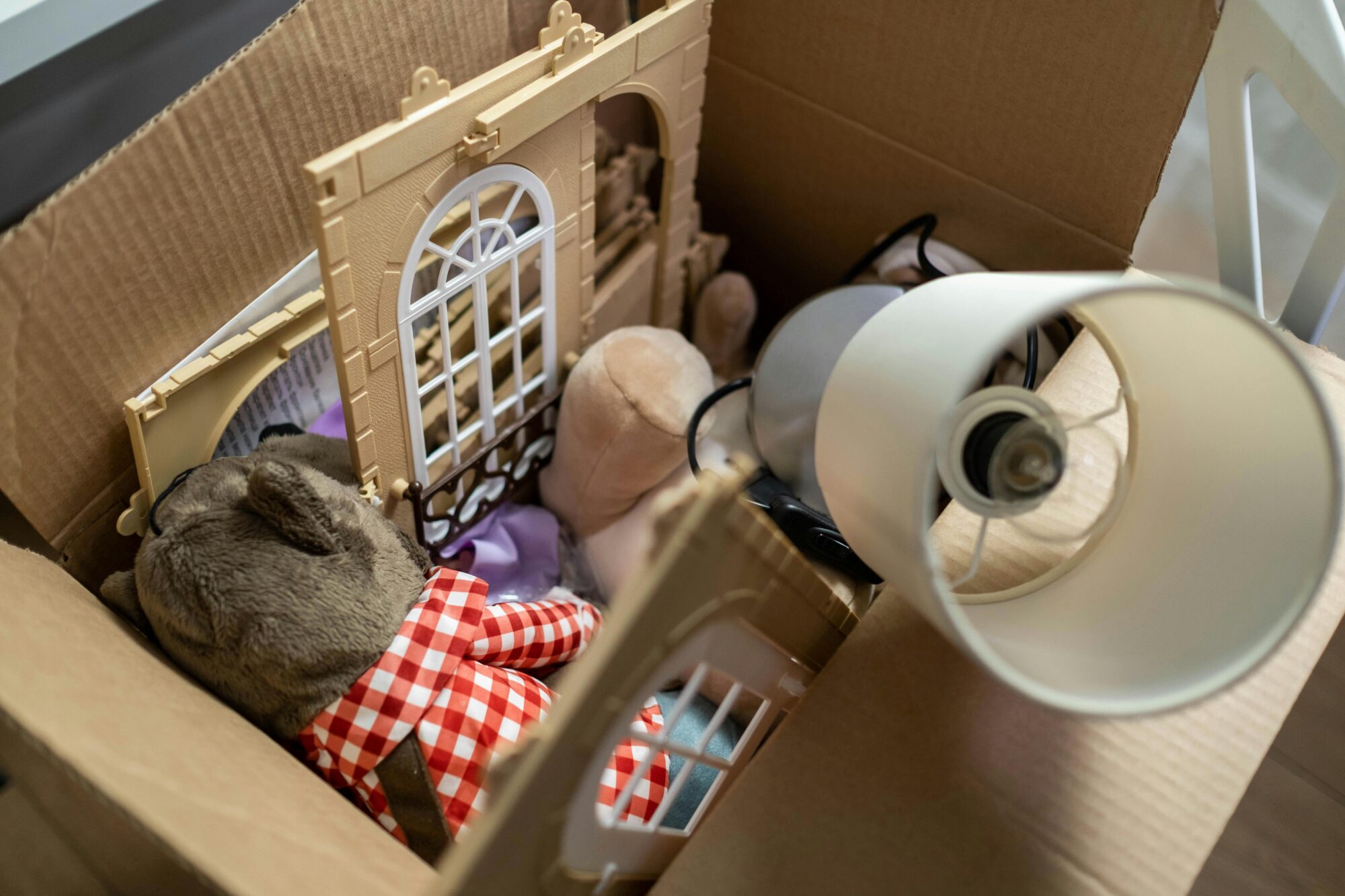
11. Books and Educational Materials
Books are more than just pages bound together; they are sources of knowledge, entertainment, and inspiration. Books and educational materials should be carefully considered when decluttering. Even in the digital age, having a physical book to reference or enjoy can be invaluable. Classics, rare finds, and educational materials often retain their worth and can be passed down to future generations or donated to libraries and schools if space is a concern.
12. Craft Supplies
For those who enjoy crafting, craft supplies are essential. These items, which might include fabric, yarn, paint, and tools, can be costly to replace and are often used in various projects. When decluttering, consider organizing these supplies in a way that makes them more accessible rather than discarding them. A well-organized craft space can inspire creativity and ensure you have everything you need for your next project.
13. Sentimental Jewellery
Jewellery often carries significant sentimental value and can also have considerable financial worth. Sentimental jewellery, such as family heirlooms or pieces given by loved ones, should be preserved. Even if you don’t wear these pieces regularly, they can serve as cherished keepsakes or be passed down through generations. Properly storing and occasionally cleaning these items can keep them in excellent condition for years to come. For more on managing valuable items, visit Forbes.
14. Recyclable Materials
In our efforts to declutter, it’s important not to overlook the environmental impact. Recyclable materials should never be thrown out indiscriminately. Items like glass, paper, cardboard, and certain plastics can be recycled rather than discarded, reducing waste and contributing to environmental sustainability. Proper sorting and disposal of recyclable materials can make a significant difference. For comprehensive recycling guidelines, check out Mobile Skips.
15. Childhood Memories
Items from your childhood can evoke powerful memories and emotions. Childhood memories like old toys, school projects, and favourite books should be considered carefully before discarding. These items can be delightful reminders of your past and can also be appreciated by future generations. If space is an issue, consider selecting a few key pieces to keep or photograph items to preserve the memories without the physical clutter.
16. Useful Items
While the definition of useful items can vary, these are generally things that serve a practical purpose and are likely to be needed again. This category includes items like extension cords, batteries, light bulbs, and household tools. Maintaining a stock of these useful items can prevent unnecessary purchases and ensure you are prepared for various household needs. Properly organizing and storing these items can make them easy to find and use when required.
17. Furniture
Before deciding to discard furniture, consider its potential for refurbishment or repurposing. Well-made furniture can last for generations with proper care and occasional updates. Even if a piece no longer fits your current decor, it might be perfect for another room or a future move. Furniture can also often be donated or sold, providing value to others while helping you manage your space.
18. Kitchen Appliances
Kitchen appliances, especially those that are in good working condition, should be carefully evaluated before being thrown out. Kitchen appliances such as blenders, mixers, and coffee makers can be expensive to replace. If you find you have duplicates or items you no longer use, consider donating them instead of discarding. This approach not only reduces waste but also helps others in need.
19. Outdoor Equipment
Outdoor equipment like garden tools, sports gear, and camping supplies can be incredibly useful for various activities. Even if you don’t use these items regularly, they can be expensive to replace and essential for outdoor projects and recreational activities. Proper storage solutions, such as sheds or dedicated garage space, can help keep these items organized and ready for use when needed.
20. Office Supplies
Office supplies might seem insignificant, but they can be costly and inconvenient to replace. Office supplies such as pens, notebooks, paper, and printer ink should be kept organized and easily accessible. A well-stocked home office can increase productivity and save you from last-minute trips to the store. When decluttering, focus on organizing these items rather than discarding them.
21. Board Games and Puzzles
Board games and puzzles are great for entertainment and socializing. Board games and puzzles can provide hours of fun for family and friends, and they can be a great way to spend quality time together. Even if you don’t play them frequently, having a collection of games can be a valuable resource for gatherings and rainy days. Instead of throwing them out, consider organizing them in a dedicated space for easy access.
22. Pet Supplies
If you have pets, you likely have a collection of pet supplies that are essential for their care. Items like leashes, bowls, toys, and grooming tools are necessary for maintaining your pet’s health and happiness. Properly organizing these supplies can ensure you always have what you need on hand without creating unnecessary clutter.

23. Expensive Gadgets
Gadgets can be costly and are often still useful, even if they are not the latest model. Expensive gadgets like cameras, tablets, and smart home devices should be evaluated for their continued utility before being discarded. Many of these items can be sold or donated if they are no longer needed, providing value to others while helping you declutter your space.
24. Reusable Containers
Reusable containers are incredibly practical for a variety of storage and organization needs. Items like glass jars, plastic bins, and fabric bags can be repurposed in countless ways around the house. Instead of discarding these containers, find new uses for them to help maintain an organized and clutter-free environment.
25. Family Heirlooms
Family heirlooms are more than just objects; they are tangible connections to our heritage and history. These items often carry immense sentimental value and can tell stories of generations past. Whether it’s a piece of antique furniture, a piece of jewellery, or a collection of letters, preserving these heirlooms is essential. They can serve as a bridge to your family’s history and be passed down to future generations, keeping the legacy alive.
26. Musical Instruments
Musical instruments, even those that are no longer in regular use, should be carefully considered before discarding. Instruments like guitars, pianos, and violins can be valuable both financially and sentimentally. They can also be donated to schools or community programs if they are no longer needed, ensuring they continue to bring joy and creativity to others.
27. Photographs and Albums
In the digital age, it’s easy to overlook the value of physical photographs and albums. However, these items often hold irreplaceable memories and stories. While you might digitize them for convenience, keeping physical copies can provide a tangible connection to the past. Organizing them into albums or frames can help preserve these memories for years to come.
28. High-Quality Clothing
While it’s tempting to clear out your wardrobe, high-quality clothing items that are in good condition should be evaluated carefully. These pieces, often more durable and timeless in style, can be kept for special occasions or future use. If you have high-quality items that you no longer wear, consider donating them to charities like Vinnies to give them a second life.
29. Digital Devices
Old digital devices such as smartphones, laptops, and tablets can often be refurbished or repurposed. These devices, even if outdated, can be valuable for parts or secondary uses. Before discarding them, check if they can be updated, repurposed for another use, or donated to those in need. Proper disposal is also crucial to prevent environmental harm.
30. Sentimental Gifts
Sentimental gifts from friends and family can be difficult to part with due to their emotional significance. These items, whether they are handmade crafts, thoughtful notes, or unique trinkets, often hold a special place in our hearts. Instead of discarding them, find creative ways to incorporate them into your home decor or store them in a keepsake box to preserve the memories.
31. Spare Parts and Accessories
Spare parts and accessories for various household items, electronics, and vehicles can be invaluable when you need to make repairs. These items can often be stored in a small, organized space and save you from the hassle and cost of finding replacements later. Properly label and store these parts to ensure they are easy to locate when needed.
32. Emergency Supplies
Emergency supplies such as flashlights, batteries, first aid kits, and non-perishable food items are crucial to have on hand. Emergency supplies should not be discarded during a decluttering spree. Instead, make sure these items are up to date and stored in an easily accessible location. Being prepared for emergencies can make a significant difference in times of crisis.
33. Sports Equipment
Sports equipment, whether it’s for personal use or your children’s activities, can be expensive to replace. Items like bicycles, helmets, tennis rackets, and soccer gear can still be valuable even if they are not used regularly. Proper storage solutions can help keep these items in good condition and ready for use when needed.
34. Camping Gear
Camping gear can be an essential part of outdoor adventures and should be kept in good condition. Tents, sleeping bags, portable stoves, and other camping essentials can be expensive to replace and are useful for spontaneous trips. Store these items in a dedicated space to ensure they are protected and ready for your next outdoor experience.
35. Seasonal Decorations
Seasonal decorations such as Christmas ornaments, Halloween costumes, and other holiday-themed items can add joy and festivity to your celebrations. These decorations are often reused year after year and can have sentimental value. Instead of discarding them, store them in labelled bins to keep them organized and ready for the next holiday season.
36. Collectibles
Collectibles such as stamps, coins, and action figures can have significant financial and sentimental value. These items often appreciate over time and can be valuable additions to your collection. If space is an issue, consider rotating displays or investing in proper storage solutions to keep these treasures safe and well-maintained.
37. Unique Furniture Pieces
Certain unique furniture pieces might hold sentimental value or be rare finds that are worth preserving. Items like vintage chairs, handcrafted tables, or unique decor pieces can add character to your home. If these items no longer fit your decor, consider refurbishing or repurposing them to give them a new lease on life.
38. Gardening Supplies
Gardening supplies such as pots, soil, seeds, and tools are essential for maintaining a healthy garden. These items, even if not used regularly, can be valuable during planting seasons. Organize these supplies in a dedicated garden shed or storage area to keep them protected and ready for use when needed.
39. Reusable Shopping Bags
Reusable shopping bags are practical and environmentally friendly alternatives to single-use plastic bags. These bags can be used for groceries, trips to the beach, or even as storage solutions. Keep a collection of these bags handy to reduce waste and ensure you always have a sturdy bag available when needed.
40. Old Newspapers and Magazines
While it might be tempting to throw out stacks of old newspapers and magazines, they can often be repurposed or recycled. Old newspapers and magazines can be used for craft projects, wrapping fragile items, or even as mulch for your garden. If they hold historical or sentimental value, consider keeping a few key issues in a scrapbook or dedicated storage.
In conclusion, decluttering is a personal journey, and what’s worth keeping can vary from person to person. However, being mindful of the items listed above can help ensure you don’t regret your decisions later. Remember, the goal is to create a space that is both functional and meaningful.
By considering these categories, you can declutter your home while preserving the items that truly matter. A thoughtful approach to decluttering can lead to a more organized, functional, and meaningful living space.


